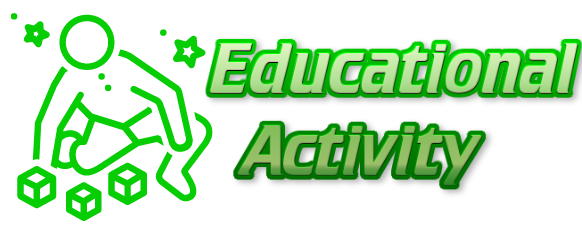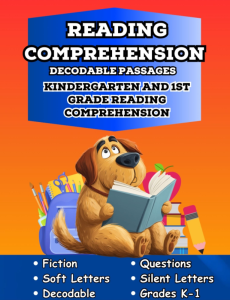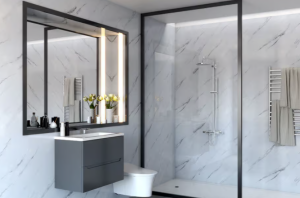How to Choose the Right Accounting Software for Your Rental Business

Managing rental properties requires precise financial tracking, from collecting rent payments to monitoring maintenance expenses. The right Landlord Accounting Software can transform your rental business operations, but with countless options available, making the right choice feels overwhelming.
Essential Features Every Rental Business Needs
Rent Collection and Tracking
Your accounting software should automate rent collection and provide clear visibility into payment status. Look for platforms that send automatic reminders to tenants and track late fees. This functionality reduces manual work and ensures consistent cash flow monitoring.
Property-Specific Reporting
Different properties generate varying income and expenses. Quality rental accounting software separates finances by property, allowing you to analyze profitability for each unit. This granular reporting helps identify which properties perform best and where improvements are needed.
Expense Management
Rental businesses face diverse expenses—from routine maintenance to major repairs. Your chosen software should categorize expenses automatically and integrate with bank accounts for seamless transaction import. This feature saves hours of manual data entry.
Cloud-Based vs. Desktop Solutions
Cloud-based accounting software offers several advantages for rental businesses. Access your financial data from anywhere, whether you’re at a property inspection or meeting with contractors. Cloud solutions also provide automatic backups and updates, reducing IT maintenance burden.
Desktop software, while potentially more affordable upfront, limits accessibility and requires manual backups. For rental businesses that demand mobility and real-time access, cloud solutions typically prove more practical.
Integration Capabilities Matter
Consider how your accounting software connects with other business tools. Property management systems, banking platforms, and tax preparation software should integrate smoothly. These connections eliminate duplicate data entry and reduce errors across your business operations.
Scalability for Growth
Choose software that grows with your rental portfolio. A solution perfect for three properties might become inadequate when managing fifteen units. Evaluate pricing tiers and feature limitations to ensure your chosen platform supports long-term expansion plans.
User Experience and Support
Accounting software should simplify your workflow, not complicate it. Test user interfaces during free trials and evaluate customer support quality. Responsive technical support becomes crucial when processing rent payments or preparing tax documents under deadline pressure.
Security and Compliance
Rental businesses handle sensitive financial information from tenants and vendors. Prioritize software with strong security measures, including data encryption and regular security updates. Ensure the platform complies with relevant financial regulations and data protection standards.
Making Your Final Decision
Start with a clear budget and feature requirements list. Take advantage of free trials to test software with your actual rental data. Consider total cost of ownership, including setup fees, monthly subscriptions, and potential upgrade costs.
The right accounting software transforms rental property management from a paperwork burden into a streamlined operation. Focus on features that address your specific business needs rather than choosing based on popularity or price alone.







